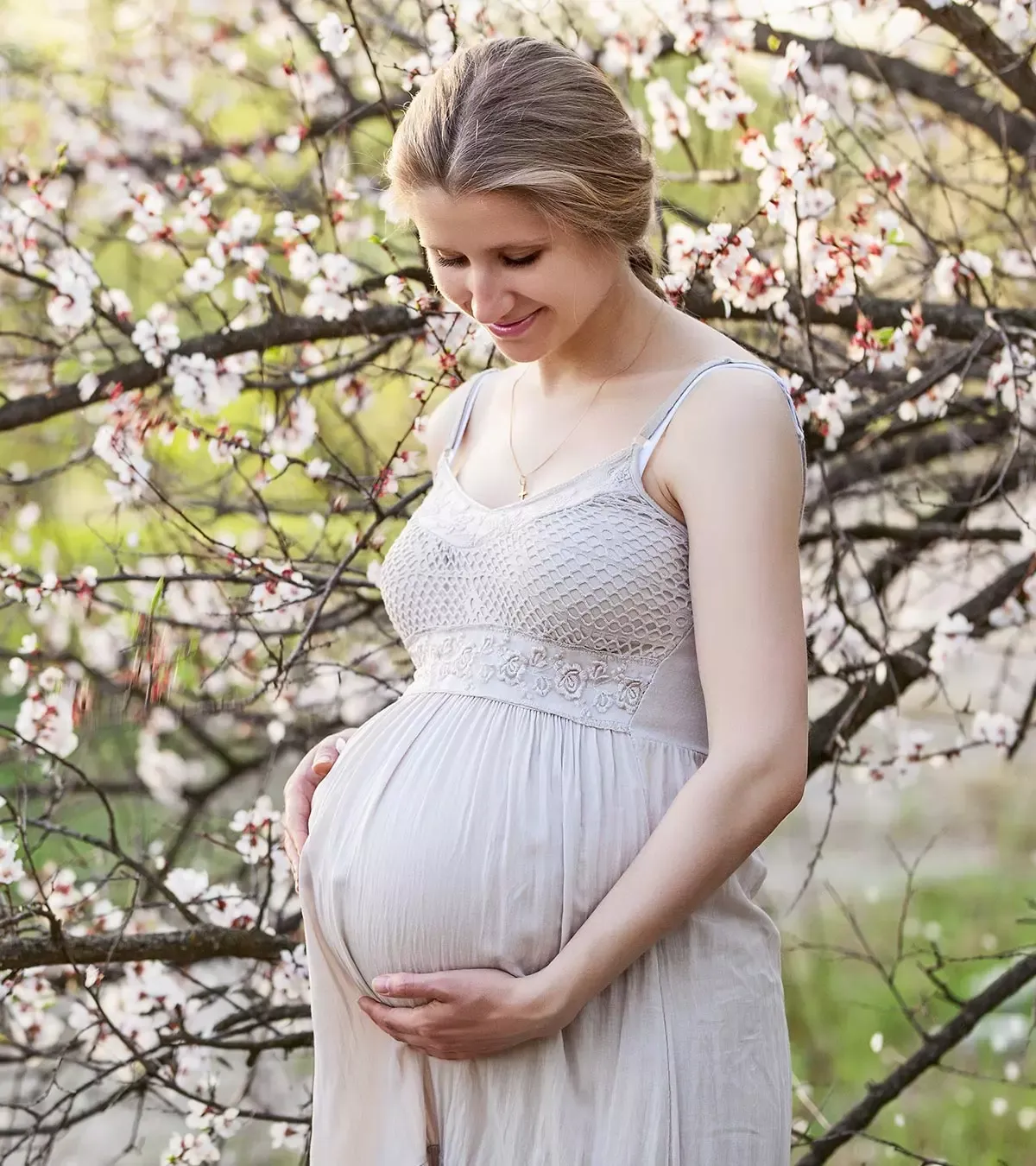Can experiencing postpartum depression be seen in a positive light? Let me clarify: I wouldn’t wish postpartum depression (PPD) or any form of mental illness on anyone. It can feel like you’re submerged in an abyss of despair. PPD has undeniably taken a toll on my life as an individual and as a parent. However, in various ways, navigating this difficult journey has ultimately made me a more compassionate person and a more effective mother.
Finding silver linings amid the struggles of postpartum depression may seem daunting, yet it’s essential for those recovering from PPD to acknowledge any positive insights gained from adversity. So, if you’re open to a fresh perspective, here are several ways in which postpartum depression has helped shape me into a better person.
1. Enhanced Empathy
Many individuals who haven’t faced mental health challenges firsthand, or even indirectly, often lack an understanding of the real struggles involved. Unfortunately, this ignorance can lead to hurtful comments like, “Just move on” or “You need to choose happiness.”
Having lived through PPD, I’ve gained a deeper understanding of how mental illness commandeers one’s thoughts and emotions. It’s not as simple as flipping a switch to feel better. If it were, I assure you, nobody would choose to remain in that dark place. Healing from PPD requires prioritizing self-care, even when others may not understand. This personal experience has fostered a profound acceptance of the trials that those around me may be facing.
2. Embracing Support Systems
There’s a humbling nature to feeling overwhelmed and needing to ask for help. The saying “It takes a village to raise a child” rings true, yet many mothers bear the weight of parenting alone, which isn’t sustainable. My experience with postpartum depression illuminated the importance of a support network, and I’ve come to appreciate that I don’t have to navigate this journey by myself.
Everyone’s support system looks different; it can include family, friends, community resources, or even professional help. Think of your support network as a village dedicated to nurturing both you and your children. As I began to build my village, the weight of stress began to lift.
3. Greater Compassion
My ability to support others enduring similar challenges has improved significantly, as I can now empathize with their feelings without needing them to articulate their struggles. I can recognize the subtle signs of someone’s distress and offer assistance based on my experiences.
Moreover, my compassion extends to my children. With my first child, I adhered strictly to routines and methods like sleep training. However, after experiencing PPD with my second child, I found myself unable to let my baby cry, as it triggered overwhelming anxiety. This sensitivity has shaped my parenting style, making me more attuned to my children’s emotional needs.
4. Reduced Sensitivity to Criticism
The mental strain of PPD has taught me to care less about external judgments. It’s an unnecessary drain on my energy to be concerned about what others think. I’ve learned to adopt a “smile and nod” approach when encountering unwarranted advice or criticism.
In today’s polarized society, it’s easy to feel pressured to take sides or engage in every debate. However, I’ve realized that sometimes it’s acceptable to exist in the gray area. Prioritizing my well-being and that of my family is crucial, and I save my energy for self-care until I am ready to engage with broader issues.
5. Increased Patience
Patience is a skill honed through challenging experiences. Before becoming a mother, I believed I had an abundance of patience. However, parenting a child with unique needs and enduring postpartum depression has tested my limits.
For instance, a mother grappling with a colicky baby and PPD has far more opportunities to practice patience than one with an easy-going child. Through my ongoing journey of healing over the past four years, I’ve steadily improved my patience and reduced the irritability often associated with depression.
If you’re grappling with postpartum depression, remember that many women don’t seek help. There’s no standard protocol for addressing mental health in new mothers, so it’s crucial to advocate for yourself. Pay attention to your mental state; don’t hesitate to reach out for support. You may not be able to “choose” happiness right now, but you can choose to prioritize your well-being and introduce positive elements into your life.
Your path to healing will have its ups and downs. It’s essential to prepare for the challenging times. Here are some strategies to help you find positivity in your postpartum journey:
- Use the “STOP” Method: When stress arises, pause and take a deep breath. Observe your surroundings and your feelings, then proceed with renewed awareness and patience.
- Affirm Yourself: Remind yourself with positive phrases like “I am a good parent” or “I am strong and calm.”
- Take Breaks: When feeling overwhelmed, place your baby in a secure space and take a moment for yourself.
- Explore Acupressure: Applying gentle pressure just below your wrist can help alleviate anxiety.
- Schedule Self-Care: Allocate regular time for activities that rejuvenate you, whether it’s meditation, exercise, or simply enjoying nature.
- Cultivate a Peaceful Environment: Play your favorite music or diffuse calming essential oils.
- Keep a Journal: Document moments of joy, reasons to be grateful, and what you love about your family.
- Engage Your Support Network: Regularly connect with friends or family to prevent feelings of isolation.
- Consider Medication: Don’t hesitate to discuss medication options with your healthcare provider.
For more insights on related topics, check out this article and explore resources such as Make a Mom’s page and UCSF’s IVF guide for further guidance.
Summary
Postpartum depression, while incredibly challenging, has shaped me into a more empathetic, patient, and compassionate individual. The journey has illuminated the importance of support systems and self-care, ultimately allowing me to grow in ways I never anticipated. Acknowledging these positive transformations can help others navigate their own paths to healing.
